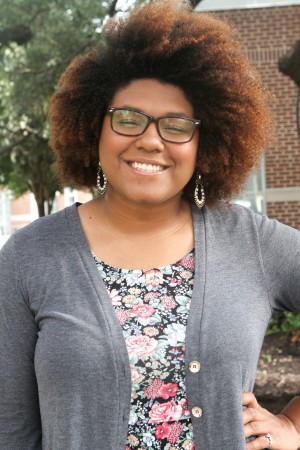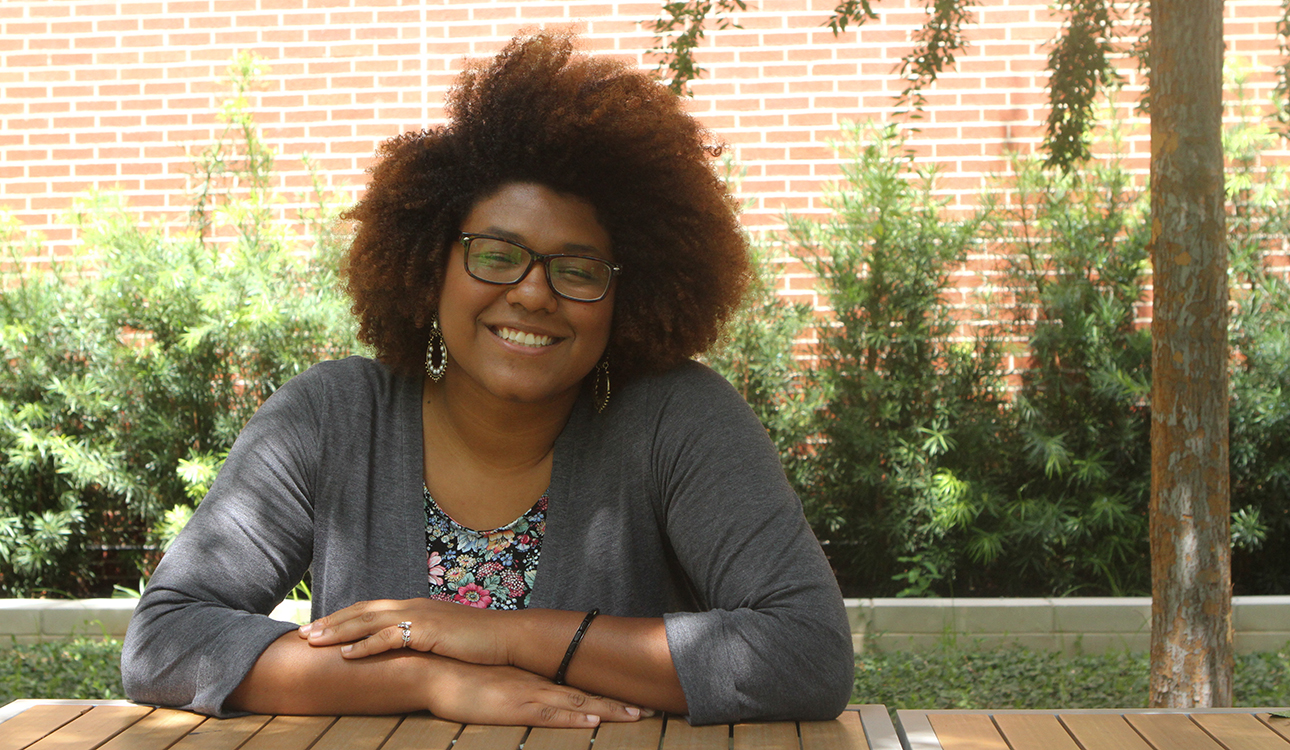
By Rae Jefferson
A&E Editor
Baylor’s department of journalism, public relations and new media is one of my favorite places on campus. Of the handful of departments I have interacted with, it seems to have some of the most involved faculty and staff on campus. I know several of my professors and can have meaningful conversation with them about my area of study, as well as my life.
Because I am a journalism major, a film minor and the Lariat’s arts and entertainment editor, Castellaw has become a home away from home in the most literal sense. Many late nights have been spent in the building with co-Lariateers, perfecting my writing and design skills. Although it is often tedious, I am grateful for the long hours I have spent in the office drafting and redrafting stories and pages because I know that I am becoming a better journalist with each word I type.
As much as I benefit from the various out-of-class resources I tap into via professors and the Lariat, I cannot help but feel that my in-class time has not been spent as well as it could have been. I have certainly learned things from the journalism courses I have taken, but most of the writing skills I have acquired are either credited to natural ability or repetition at the Lariat. I do not believe the writing courses offered by the journalism department do justice to every student who takes the course, myself included.
For the average journalism student, one of the first required courses taken is Beginning Reporting and Writing. In this class, students are taught the basic structural elements of a news story, as well as basic principles like Associated Press Style, which establishes consistency in the way stories are written, no matter what news agency they are published by. At the end of the course, students are supposed to be able to assimilate collected facts and quotes into an organized news story.
The next natural step in the registration process is to take Advanced Reporting and Writing, which is a required class where students become reporters for the Lariat. Students are expected to begin interviewing subjects and writing stories by the second week of classes. Considering many of these students have never written a news story, much less material for a publication, neither the course’s professor nor the Lariat staff expects perfection during the first few weeks. However, the general idea is that students improve as the semester progresses.
During my time as a journalism student at Baylor, I have grown increasingly disenchanted with both of these courses. The advanced writing class is arguably one of the most difficult courses offered by the department. Students who have never written for a newspaper are expected to balance a full-time student schedule while essentially working a part-time job. The stress is only exacerbated for students who really do have jobs.
I fully understand that Advanced Writing and Reporting is required so students gain experience and a portfolio before they graduate. I think it is wise of the faculty to offer such a course, and the department’s curriculum is made better for it. However, I do not believe that preceding courses properly prepare every student for the course’s intense workload, and I believe the main culprit is Beginning Reporting and Writing.
Sometimes students become journalism majors because they love news and have identified knacks for writing. Other times, they study journalism simply because they love news, but still need to cultivate their writing. If Beginning Reporting and Writing, the first real writing course journalism students encounter, does not actually teach students how to write, the latter group of students is left in a really tight spot. When the semester is over, they will be expected to move on, even if they are not fully prepared to be published.
Rather than simply being a course that teaches students about how a story should be structured, Beginning Reporting and Writing ought to give students the opportunity to interview subjects and write stories in an environment free from the pressure of their words being stained into the permanence of the World Wide Web.
Students in the beginning writing class should be required to produce a minimum of three stories so the professor can identify consistent areas of weakness and address them. Not only would this kind of low-pressure assistance help the journalism department produce much stronger writers, it will also greatly improve the quality of the Lariat. If students are more secure in their interviewing and writing abilities at the finish of the beginning writing course, they will be more ready to start the often unexpected difficulty of the advanced writing course with the Lariat.
Although I am not fond these two journalism courses, I still recognize their importance in the curriculum. Students who are already able to write or excel quickly are not necessarily at a disadvantage by either of these courses. Writing is hard. Becoming a better writer is harder. In the end, I would just like to see mine and my peers’ writing receive the attention we need to improve as individuals.
Rae Jefferson is a junior journalism major from Houston. She is the A&E editor for the Lariat.






